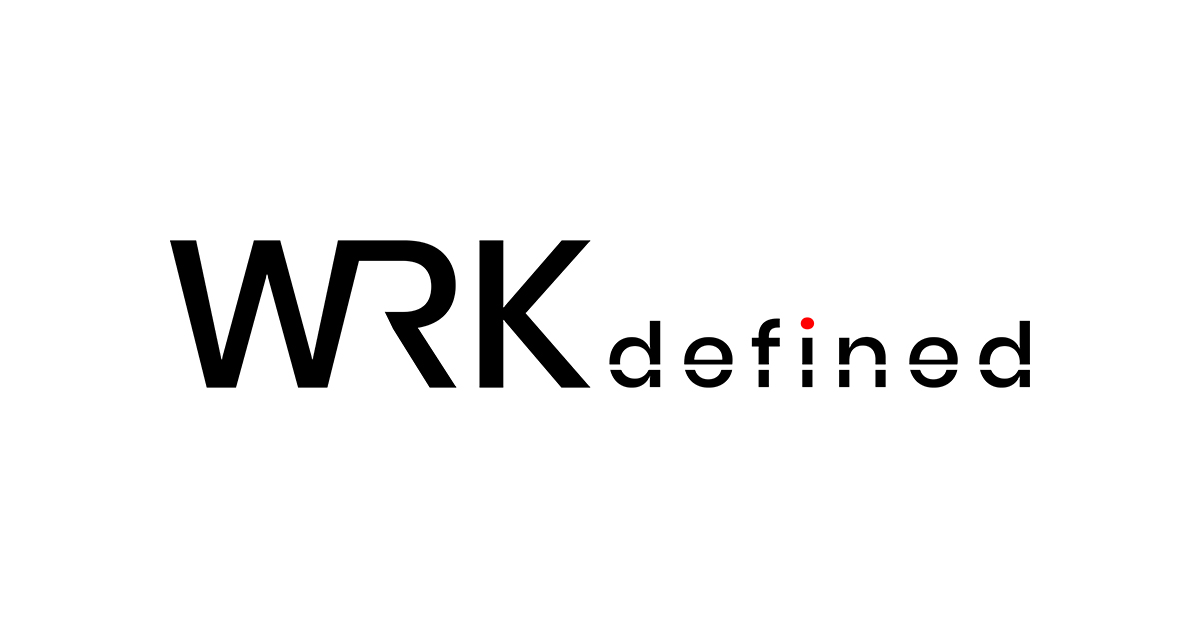“I don’t think people necessarily are upset at the bad news, they more so want to feel respected.”
Failing to close the loop with unsuccessful job seekers can hurt your company if they take to social media to complain. It’s easy to prevent the reputational hit.
Ghosting used to be a term used in talking about dating, but in today’s job market, it can also happen after a promising interview. Job seekers today say employers often go silent even after multiple rounds of job interviews.
Candidates who spent hours crafting applications and preparing thoughtful answers for the next interview are left anxiously checking their inboxes and refreshing their phones, only to be met with silence.
While frustrating and disheartening for job seekers, the practice is now a growing problem for employers. Candidates no longer suffer being left high and dry in silence, and frequently turn to platforms like LinkedIn, Glassdoor, and TikTok to publicly call out companies for their poor hiring practices.
One job seeker took to Glassdoor to write, “I was laid off four months ago and just got my first interview…only to be ghosted after the final round. At this point, I’m less afraid of rejection and more afraid of hope. How are folks keeping their confidence up when the job market feels so brutal?”
Another vented on LinkedIn: “Rejection isn’t fun, but silence is worse. I’d rather get a no than be left wondering, and I know I’m not the only one who feels this way.”
According to Rebecca Trotsky, Chief People Officer at HR Acuity, job candidates often share their interview experiences on social media, good or bad, and other applicants take note.
“Candidates researching the company will look and see how candidates were treated and take that into account. It can impact the talent that you get applying and your brand reputation,” she said.
In addition to risking a low star rating on Glassdoor or even an angry TikTok video made by a ghosted applicant, there are other risks, too.
For example, if a job applicant doesn’t receive a response, they simply might not want to interview with that company again, costing the company top talent. There are also potential legal risks.
“If you’re replying to certain groups of candidates and you’re not replying to others, there could be a discrimination claim,” Trotsky said.
But beyond the legal implications, the emotional impact might just be the most damaging.
“If a candidate puts their time into the interview process, and then they don’t hear anything back, it’s wounding, and it just shouldn’t happen,” Trotsky explained.
But with recruiters receiving hundreds of applications, especially now with AI helping, how can ghosting be avoided?
According to Trotsky, it’s having systems in place—and keeping them updated, even if you don’t have an answer for them yet.
Early-stage candidates
In the early stages, if job applicants are getting ghosted, it could be because recruiters are receiving an overwhelming number of applicants, but that’s not a reason to go silent, Trotsky explains.
“For earlier-stage candidates, it can be harder [to follow up] because you have so many, but there is a way to automate that. Use technology,” she said.
To list a few, Trotsky explained a few solutions, including chatbots. “Nowadays, you can use chatbots to substitute for the recruiter if they have questions about where they are in the process.”
This could include answering questions like: “Has my application been reviewed? What are the next steps?”
Or similarly, “you could even have something in your applicant tracking system that might show where they are in the process, so at least they can see where their resume is,” Trotsky said.
There’s the automated email, of course, which could be set up as a template to thank the candidate for applying, and letting them know that they won’t be moving forward.
This is an easy, low-effort way to avoid an unsuccessful applicant’s angry feedback in a public forum, where reputational harm can get magnified by a social media algorithm going viral.
Late-stage candidates
If a candidate is in the later stages of the recruiting process, someone who has gone through an initial interview, multiple interviews, or even completed a test of their job related skills, ghosting might be happening because there’s a breakdown in the hiring process.
This could be that the recruiter doesn’t have details yet from the hiring manager with feedback, and then doesn’t feel comfortable following up without it, Trotsky explained.
Or maybe they could just be an “inexperienced recruiter, and they don’t have the skills to do it. Sometimes they don’t want to have that uncomfortable conversation,” she said.
In a way, recruiting is like dating where direct rejection is uncomfortable enough that it seems easier to ignore someone’s strong interest. “It might be easier to avoid the situation and just not break up with someone, but that’s not the right thing to do in a recruiting scenario,” Trotsky said.
No matter the scenario, candidates deserve to hear something about their application, and when it gets down to a few interviewees, rather than hundreds of applicants, those people deserve to hear a bit more.
Even if there’s no final decision yet, candidates deserve to hear something. A quick message can go a long way. It could be something like: “Hey, there’s a pause right now. I know I told you I’d get back to you, but I wanted to let you know.”
Ideally, candidates who make it to the last stage should get a phone call.
“I believe a phone call with some feedback about their interview would be optimal,” Trotsky said.
But at the very least, an email.
“If someone has completed an interview where they’ve talked to someone, not just a quick phone screen, but an interview, they deserve at least an email with some detail about why they were not selected,” she said.
If someone’s invested time to interview with your company, the biggest thing is making sure your process includes a respectful, kind way to connect and close the loop,” Trotsky said.
“I don’t think people necessarily are upset at the bad news, they more so want to feel respected.”
As one job seeker summed it up, “I’ve poured a lot of energy into applications and interviews, but getting ghosted or hearing nothing at all has been discouraging. It’s a strange and difficult experience, and I know I’m not alone in this.”
The recruitment journey is a much different sort of matching process than swiping left or right on a dating site. Keep in mind that it’s easier to put systems in place and use technology to give updates to candidates at various stages of their applications than to ghost them and set your company up for a possible hit to its reputation and ability to attract the best talent.




